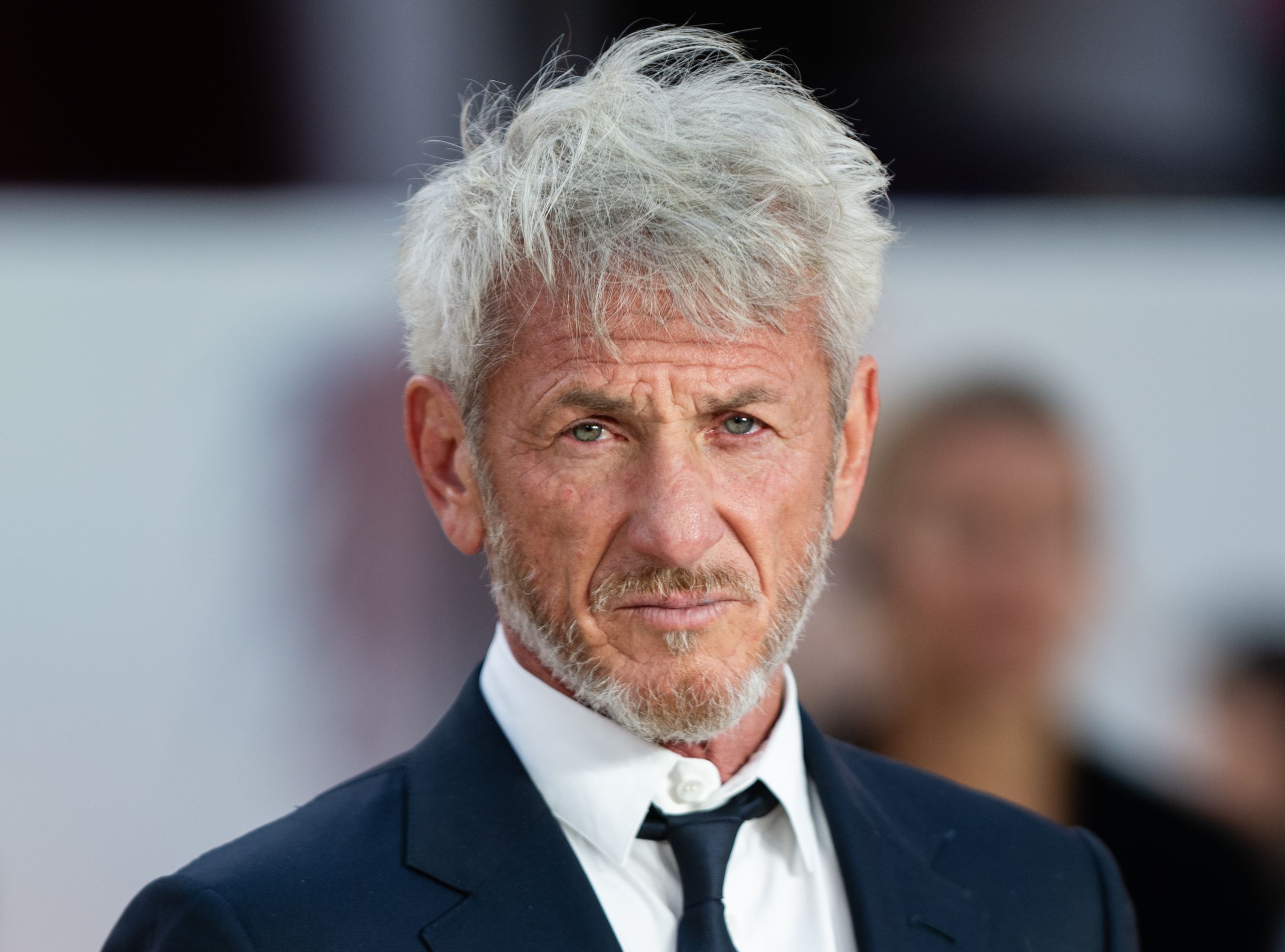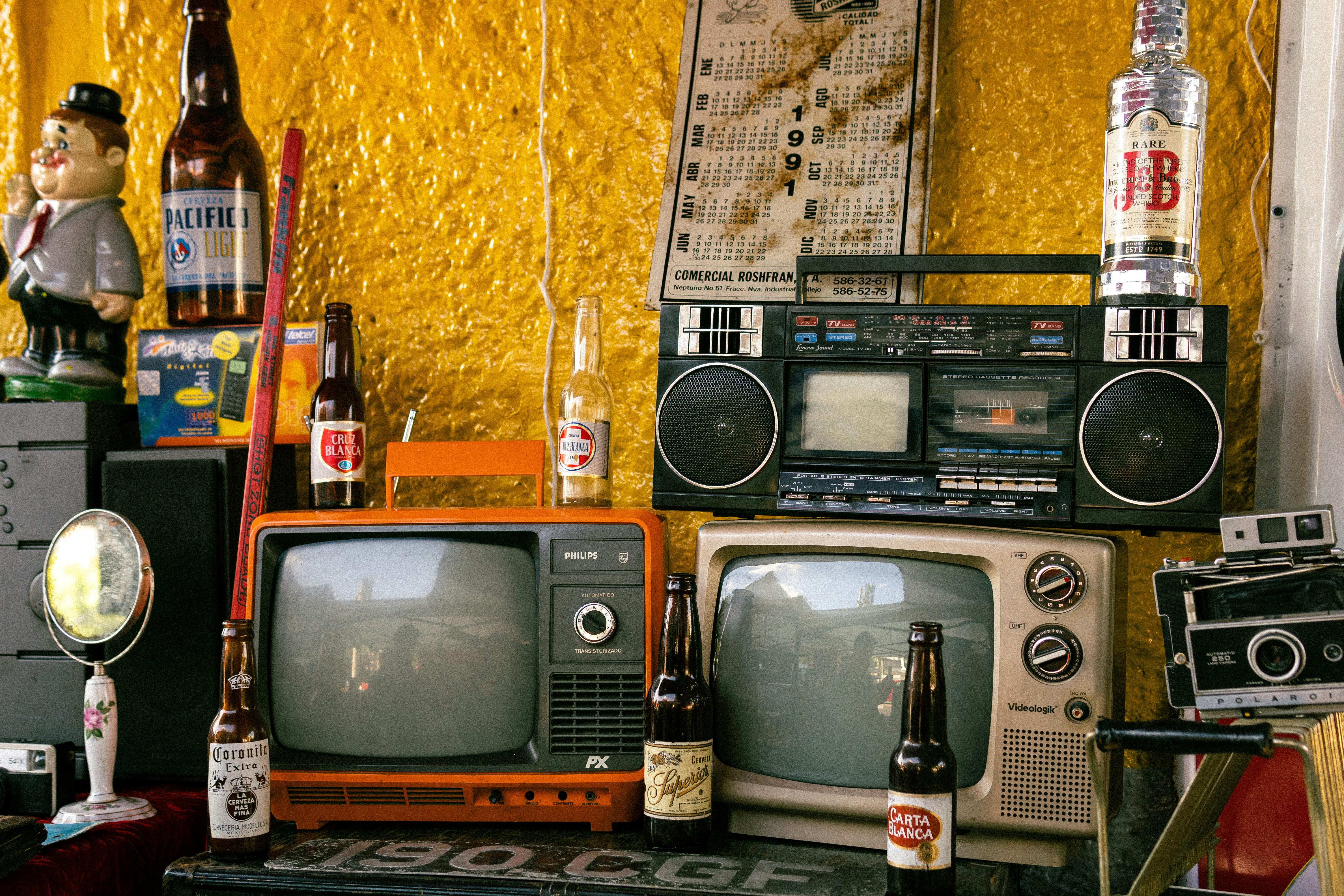Sean Penn Prepared for Continuous Battles: "I've Never Been Shy" | Vanity Fair

Sean Penn is soft-spoken and thoughtful as he sits on a hotel patio in Hollywood. A cigarette burns slowly between his fingers; his tea is cooling beside him. At 65, he’s mellow and pensive about a long career that’s won him two Academy Awards (for Mystic River and Milk). In other words, he’s the polar opposite of the character he plays in Paul Thomas Anderson’s One Battle After Another. Penn’s Colonel Steven J. Lockjaw is a ruthless military leader, hell-bent on finding the ex-revolutionaries (Leonardo DiCaprio and Teyana Taylor) who escaped his wrath 16 years earlier. With his bad alt-right haircut and ramrod posture, Lockjaw is a tightly wound, vengeful obsessive vibrating intensity from every fiber of his being.
Penn and I are meeting less than 24 hours after Charlie Kirk’s killing, which casts a heavy shadow over both this conversation and the film. One Battle After Another follows a group of revolutionaries as well as the military leader set on destroying them—making it eerily urgent at a time marred by political violence that’s all too real. “I was not surprised at all,” Penn says when I ask him about Kirk’s killing. “Like a lot of people, I’ve been worrying that this kind of horror was moving towards coming into fashion.”
Like a lot of people, Penn also isn’t ready to say more about it, at least not yet. “It’s disturbing enough that I would say I’m still processing it,” he says. “And what its implications are.”
One Battle After Another, which hits theaters September 26, is a perfect marriage of Penn’s skill—dare we say he gives one of the best performances of his career?—and his personal interest in activism. He’s never shied away from speaking about political issues, focusing most recently on the war in Ukraine as well as the critical crisis relief organization CORE, which is currently helping LA rebuild after this winter’s wildfires. As soon as Penn started the script, he knew he had to be part of Anderson’s new project. “I just thought, Wow, this is an awfully nice thing to get to do at this stage of life,” he says.
Penn spoke with Vanity Fair about finally working with his longtime friend Anderson and finding his way back to acting after growing disenchanted with the process, as well as the plans for his next directorial project—which Penn reveals for the first time below.
Vanity Fair: You’ve known Paul Thomas Anderson for a long time. When did you first meet him?
Sean Penn: My brother Michael worked on his first two movies. I had directed a movie by then, and Michael called me and said, “Will you give this young director I’m working with some advice?” Which makes me laugh now. I don’t remember what we talked about, but we had a nice chat. I really got to know Paul around There Will Be Blood, because we were right next to each other at Skywalker Ranch when I had Into the Wild. We started seeing quite a bit of each other. There was another movie that we almost did together. Then I did a little thing in Licorice Pizza, and then I got this gift sent to me.
Did Paul have to pitch the role to you or convince you in any way?
No, we were primed to work with each other. I was only a few pages in by the time I knew I absolutely wanted to do it.
What was it about those few pages?
I remember the words “he’s going there” going through my head, because I had no idea what the subject matter was going to be, what it was going to be approaching or reflecting about our lives today. And Paul, he’s sort of like Hal Ashby. Each movie is coming from a different world, a different tone. He’s so diverse in this way that there was no anticipating what it was going to be. When it was this, I knew I was in for something.
This character is so unique. How much did you add to what was on the page?
That’s always hard to say, because really good writing is like really good music. But that doesn’t mean I’m hearing the music like everyone else. You’re always a part of a bigger puzzle. With his writing—I’ve experienced it a few times, mostly in the theater, where the writing drives the choices.
What other films have you experienced that on?
I had a very similar experience with Woody Allen’s movie Sweet and Lowdown, where I felt like I heard the song clearly. I think it’s not surprising that the best directors, whether they write them or not, are working with the best material. And I’ve had a chance to work some. In fact, Leo and I have worked with a lot of the same directors, and it’s just nice to have the script feel you. Some of them could be interesting movies, but every day, you’re looking to find an organic thing, so you’re almost functioning like a writer. I prefer to be an actor.
Do you gravitate toward projects that speak to the present moment, or things that may be already weighing on your mind about the world or politics?
I’ve quoted this a lot over the years. E.L. Doctorow had a line: The responsibility of the artist is to know the time within which he lived. So somebody can make a period film, but in doing that, the good ones reflect something very current. Not modernizing it, but there’s something that is rhyming in history. I think that this became exponentially more timely after production finished and we watched, kind of shaking our heads. It’s also a great thing that because he doesn’t have a conventional dependence on what satire is, the movie is malleable. It’s not dependent on being a far-fetched idea that makes us laugh. And now that some of it is not at all far-fetched it takes on a more full quality.
You have said that before making the 2023 film Daddio, you had become disillusioned a bit with making movies.
You said it when you’re talking about the importance of narrative being somehow in rhythm with what’s interesting to you at that time. At a certain point, I found the criteria that maybe used to work—good project, interesting material, great director, fantastic cast—if that subject isn’t really what’s in your heart or interest, for me it just got miserable. And especially if you’re playing a leading role, you also have to offer leadership in spirit every day.
Penn in One Battle After Another.
When did you realize that’s what you needed?
When I got the script [for Daddio]. Dakota [Johnson] put together a crew similar to what Paul does, just like everybody’s really happy to be in it. You’ve got to be in something you love, and with people you love, to make it really anything but miserable. Somebody was saying in the press conference today about the excitement of going to work every day with this group. It was like they really wanted to get up in the morning, get to that job.
You’ve had these two very fulfilling experiences in a row. What are you looking for next?
I’m not looking for anything next is the answer. I feel very comfortable that I’ll know if I’m going to do something. Now I’m focused on directing, and it’s my job to provide better. I think I’ve done a good job of putting great people together, more often than not. I’ve had a terrible experience as a director—but only one.
Where are you in the process of a directorial project?
I’m making a movie with Tom Hardy, which we can’t shoot until next summer because Tom is busy with the mob show [MobLand]. I just think he’s extraordinary.
I was just at an event in Toronto, and every single person there referenced how bad things are right now—politically, nationally, internationally. For someone who is so involved with activism, how are you handling that heaviness?
Devote one eye to the anguish, and that same eye is always looking for where you may be able to be some value added. And the other eye, I’d say this is about a three-plus-year-old phenomenon in my life—better late than never—the other eye takes in the magic cosmos of it all. I just eat it up. And do a lot of woodwork.
Woodwork? That’s your zen place?
Yeah.
As someone who’s found a balance between acting and activism, do you feel like more people in the spotlight need to do more?
I don’t know. We are always told that that’s the aspiration, to speak out. And God knows I’ve not been shy. But I sometimes think that we should apply a little kung fu to situations. And when we see something that is destructive, ready to destroy itself, we should let it—and not try to distract the forces of negative self-destruction from achieving a goal. So I just try to pay attention, and listen to whatever my inner thought is. You want to be constructive in a way that’s not a trend, but part of things that need to be changing. You don’t want to be falling in love with an endless struggle just to be a romantic character.
Charlie Kirk, Redeemed by the Media
How Erika Kirk Rose to Power
Watching Charlie Kirk’s Funeral
Dakota and Elle Fanning, Together at Last
Late-Night TV Isn’t Dying—It’s Being Strangled
The Florida Divorcée’s Guide to Murder
Decoding the Messages of Charlie Kirk’s Alleged Killer
Jessica Buttafuoco and the Price of Infamy
Exclusive: Emma Heming Willis and Bruce Willis at Home
From the Archive: The Other Half of Mia Farrow’s Story




